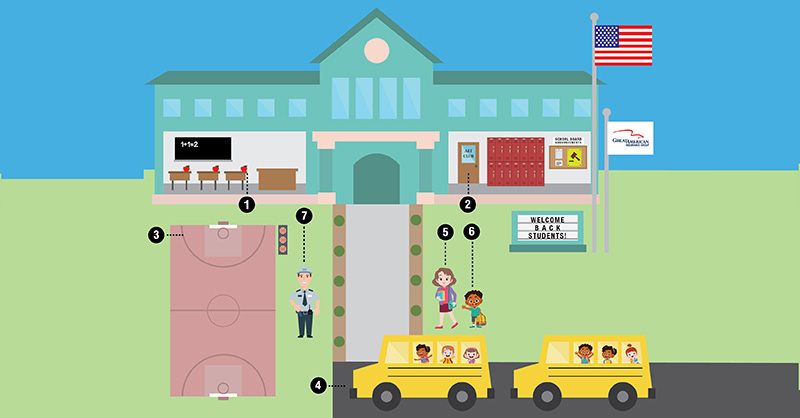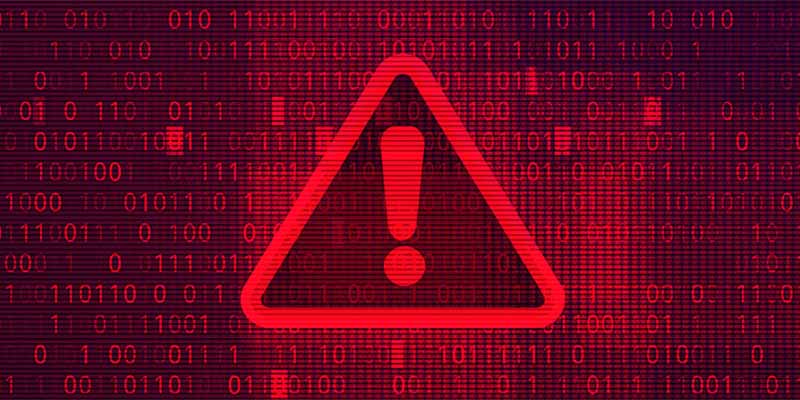Construction Fire Safety – How to Protect Your Construction Equipment
_web.jpg?sfvrsn=fcc940b1_0)
There are numerous potential fuels and sources of ignition on heavy equipment making them a potential fire hazard on your jobsite.
In the construction industry, heavy equipment is just as important to your day-to-day operations as your employees. The need to repair or replace damaged equipment is costly and may lead to delayed contract completion. This can result in either penalties or nullified contracts for the failure to complete work on schedule.
The good news is that you can help control preventable fire losses. Here’s how:
Enforce Safe Fueling Procedures
- Keep the main fuel supply away from the work areas, stored in approved tanks and located on level ground.
- Properly mount approved fire extinguishers, suitable for flammable liquid fires.
- Park, shut down and cool all equipment prior to fueling.
- Eliminate all ignition sources, such as smoking and open flames. Post warning signs.
- Use approved pumps or UL-listed safety containers to transfer fuels.
- A continuous ground should be maintained between the pump nozzle and the equipment filler pipe.
- Do not store reserve fuel on equipment, unless it is in approved fuel tanks.
- Clean up fuel spills immediately and use noncombustible absorbing compounds.
Properly Maintain Hydraulic Systems
- Use “flame resistant” hydraulic fluids, as possible, rather than the combustible types.
- Protect the entire hydraulic systems, including reservoirs, pumps and distribution lines, against external damage.
- Establish a daily procedure to inspect hydraulic lines and components for defects.
Regularly Examine Your Construction Site
- Ensure water and supplies to fight fires are available early in the project.
- Provide access for emergency equipment to the site.
- Train employees in basic firefighting procedures.
- Notify local police and fire departments of your job site location and request increased patrol activity.
- Provide a reliable watchmen service.
- Post emergency telephone numbers near the site telephone.
- Provide proper fire extinguishers for on-site construction equipment.
- Do not allow brush and other debris to accumulate under or around equipment.
- Protect high-value special equipment with a fixed extinguishing system.
- Store equipment not in use in the open. Maintain adequate separation from other equipment, buildings, yard storage and fueling areas.
Implement Standard Maintenance and Repair Procedures
- Have a preventive maintenance program in effect and keep repair records current.
- Keep the equipment repair area located away from work, storage and fueling areas.
- Replace and repair worn or damaged electrical wiring, cables, fuel or hydraulic lines immediately.
- Clean equipment on a regular basis.
- Do not conduct welding and cutting in areas where combustible storage or flammable vapors are present.
- Test and service fixed and portable fire extinguishing equipment, as recommended by the manufacturer.
Additional Equipment Loss Considerations
Fire is one of the many losses associated with heavy equipment. Theft and equipment contact/turnover are additional risks. In a recent webinar, we discussed these risks and the proactive loss control measure’s your organization can take in protecting your construction equipment.
Watch Our On-Demand WebinarWe’re Here to Help - Contact Our Loss Control Consultants Today
Great American’s team of Loss Control experts build on years of experience to help businesses prepare for and stay protected from different types of loss. Interested in learning more? Talk to our team of experts.














